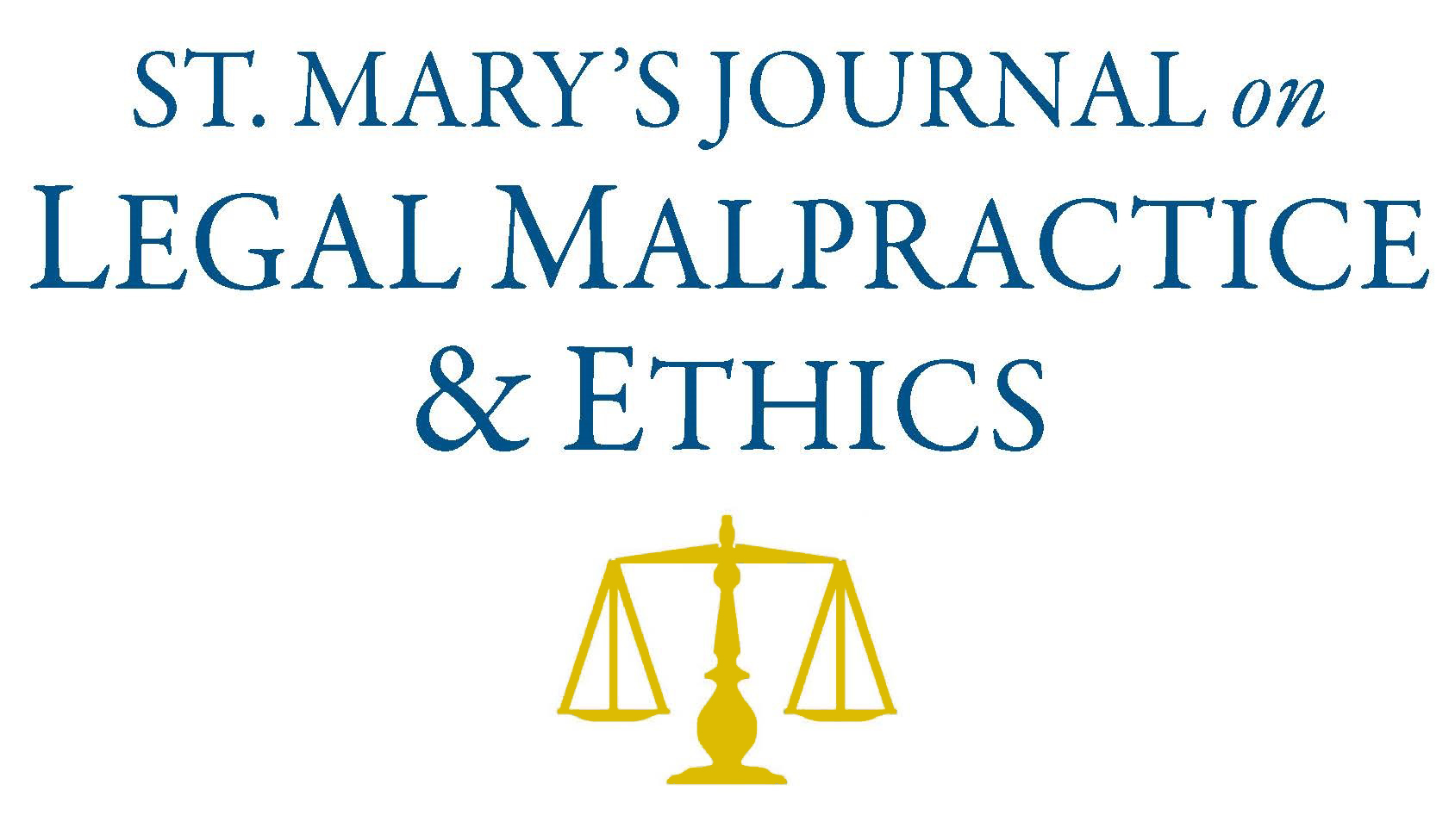
First Page
362
Date Created
10-6-2021
Publisher
St. Mary's University School of Law
Editor
Hannah C. Mery
Last Page
413
Abstract
The doctrine of informed consent is now deeply embedded into the law of legal ethics. In legal malpractice litigation, the doctrine holds that a lawyer has a duty to disclose to a client material information about the risks and alternatives associated with a course of action. A lawyer who fails to make such required disclosures and fails to obtain informed consent is negligent, regardless of whether the lawyer otherwise exercises care in representing a client. If such negligent nondisclosures cause damages, the lawyer can be held accountable for the client’s losses.
Shifting the focus of a legal malpractice action from garden-variety negligence (such as ignorance of the law, late filing of a complaint, or failure to safeguard client funds or data) to a lack of informed consent can potentially transform a losing case into a winner. Among other things, the doctrine has the potential to simplify and clarify the plaintiff’s argument, which may be especially useful if the case is tried to a jury. The informed consent doctrine also makes sense as a matter of public policy, because clients have a right to control important matters related to their representation.
This Article explores the informed consent doctrine in legal malpractice law. It discusses the rise of the informed consent doctrine in medical malpractice law and traces the transplantation of the language and principles of informed consent, first, into the law of lawyer discipline, and then into the law of lawyer civil liability. The Article explores what the relevant legal malpractice case law says about the obligation to obtain informed consent. Finally, the Article addresses certain pivotal issues in the operation of the informed consent doctrine in claims by clients against lawyers, including the nature of lawyer disclosure obligations, the limits imposed by the scope of the representation, the role of expert testimony, and the standard for proving factual causation.
Recommended Citation
Vincent R. Johnson,
The Informed Consent Doctrine in Legal Malpractice Law,
11
St. Mary's J. on Legal Malpractice & Ethics
362
(2021).
Available at:
https://commons.stmarytx.edu/lmej/vol11/iss2/4
Included in
Civil Law Commons, Legal Ethics and Professional Responsibility Commons, Legal Profession Commons, Legal Remedies Commons, Litigation Commons

